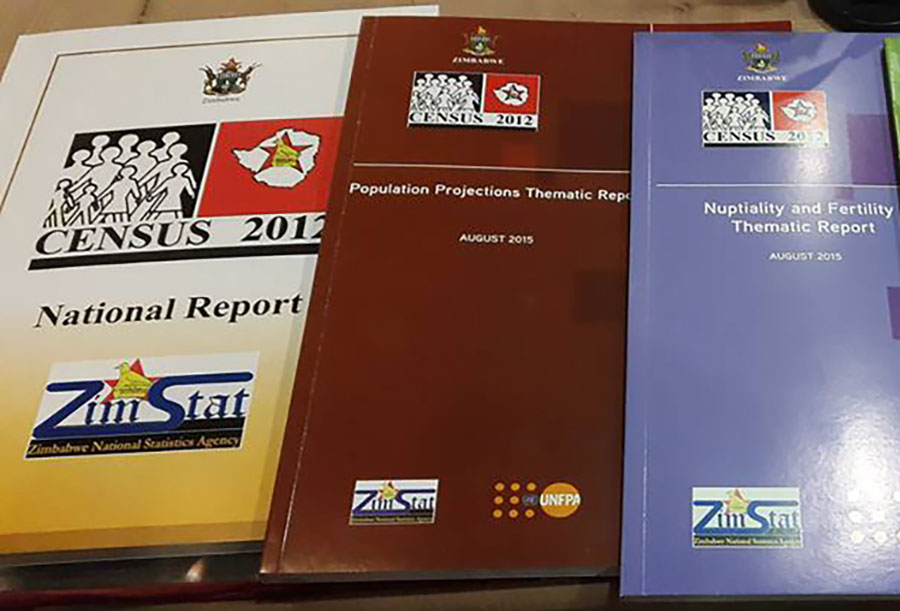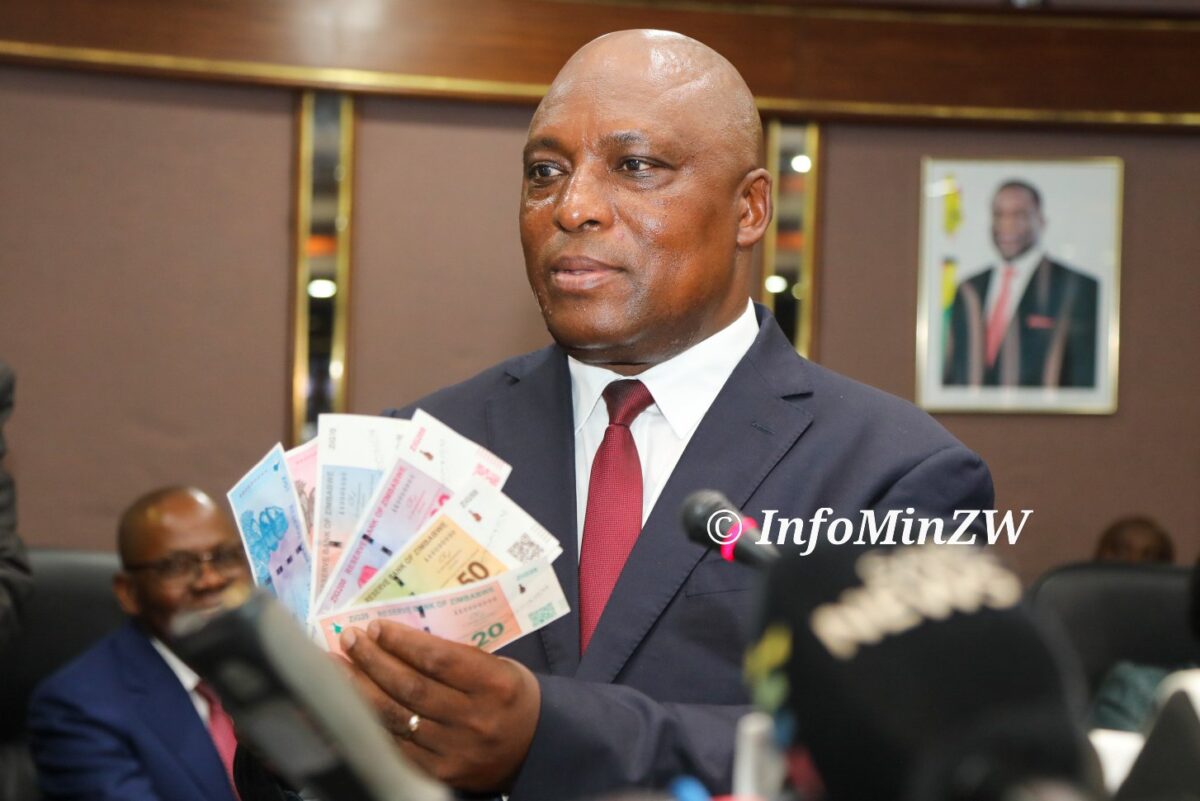HARARE – Zimbabwe will conduct a national census in 2021 after it was brought forward by a year to give the Zimbabwe Electoral Commission (ZEC) enough time to carry out a constituency delimitation exercise.
ZEC had wanted the delimitation exercise delinked from the census which was due in 2022, with officials arguing that there would be little time left before elections set for 2023.
The electoral body had argued that while the census captures the population of a geographical area including children, it preferred a process that gives sway to the number of registered voters – a process that would have seen some constituencies with low numbers of registered voters in areas like Matabeleland South being merged.
The plan was forcefully rejected by the opposition and independent election monitoring groups.
The government has now tabled an amendment to the Census and Statistics Act so that the census takes place by July 2021, at least two years before the next general election slated for 2023.
The census is held every 10 years, and the last one was in 2012.
“Notwithstanding that the ten-year period of 2012 has not yet expired, the next census shall be taken so as to be completed by the 1st of July 2021, and thereafter a census shall be taken every ten years from that date,” the amendment to the Census and Statistics Act published in the government gazette says.
The change came after intense lobbying from the Zimbabwe Elections Support Network (ZESN) and the Election Resource Centre Africa.
Legal expert Alex Magaisa said: “This is a fair outcome, but people must now be very vigilant because the census is a deeply political and electoral issue.
“It’s an electoral issue because electoral boundaries are marked on the basis of census data. The size and location of constituencies will be determined by census day. A lot happens especially if census data is manipulated.”
Magaisa, a former adviser to the late MDC founding leader and former Prime Minister Morgan Tsvamgirai, said he had always been suspicious of population statistics.
“If opposition parties, CSOs and the public sleep on the wheel, they will wake up to find that the election has been determined by the census in 2021,” he warned.
“So don’t talk about 2023; talk about 2021. It’s a numbers game. Watch out for inflation or deflation of numbers in constituencies. Watch out for gerrymandering and whether the rural or urban ratio is still the same or has changed. To parties and CSOs prepare to monitor the census like you monitor the election.”
Zimbabwe National Statistics Agency says Zimbabwe’s population has almost doubled in three decades, from 7.5 million in 1982 to 13.1 million in 2012.
Fertility had steadily been declining since 1982 until about 2005 after which it began to rise.















